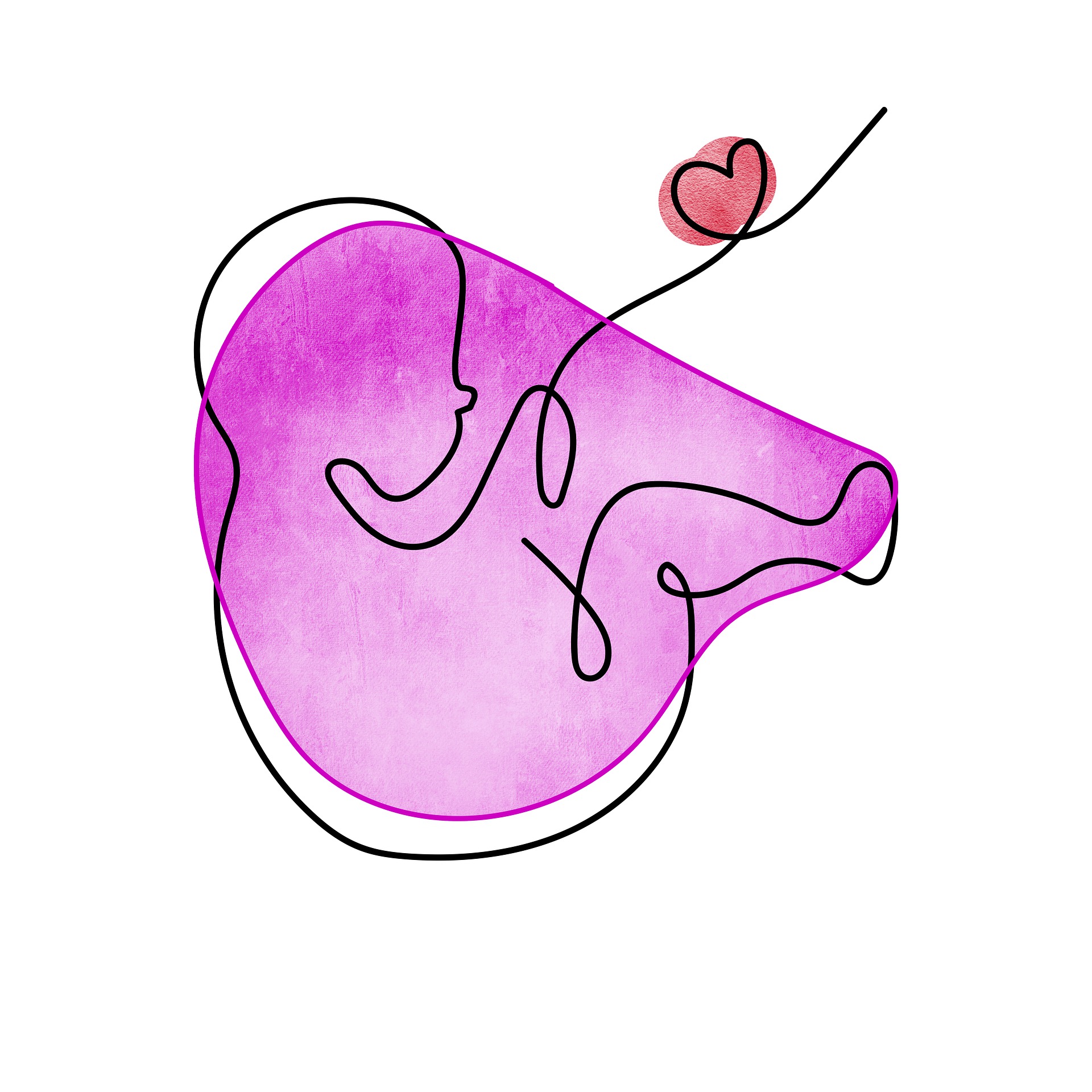Perinatal History 2/2: Exploring Earliest Life, Making Meaning
-
-
Florence Nadaud
What sorts of useful information might perinatal context afford? How might we start to explore this sensitively with a young person’s parents or caregivers? In the second of two blog posts about the importance of including perinatal history in assessment, Florence Nadaud, child and adolescent psychodynamic psychotherapist, urges us not to skip the opening chapters of our clients’ lives.

Perinatal information is a little like the introduction in a book. Readers often skip it, keen to get to the thick of a story. Yet, it cannot start without setting the scene and neither can life.
The scene of our lives is set on conception, which happens in a specific environment, from a unique relationship, at a precise point in history. As therapists, we may be driven to overlook it, keen to ease a client’s presentation but, like a book, their story cannot be understood without knowing how it started.
Working out the roots of current dynamics, projections, parental hopes, fears and everything in between is central to clinical formulation and informs our decision to offer a young person individual therapy, joint sessions with a parent, or for both to be simultaneously working with their own clinician. Perinatal information must therefore be gathered during the assessment stage.
Is there a good place to start when taking a perinatal history? Some questions may feel easier or more natural to ask. For example, one might wonder about how the young person fed as a baby, how they took to weaning, how they slept or socially interacted. While these questions are crucial, their focus overlooks the parental lived experience of these events. For example:
- Was the father present during the early weeks?
- Did the mother experience feeding as nurturing or persecutory?
- Is there a history of parental difficulties with eating or body image that could have impacted on feeding and weaning?
- Was there diagnosed or suspected post-natal depression?
Carrying a baby, as well as giving birth, re-awakens a mother’s own infantile experiences, many of which are unconscious and yet extremely powerful. This can also be true for the father or other parent/caregiver who watches their child being born. Every parent imagines what their baby will be like and how they will relate to each other, which is all anchored in their own stories, in what they want to take from their family of origin and what they wish to change.
Being curious about perinatal life allows for the co-creation of meaning as clinician and parents explore what life was like at the time of the client’s birth. Some of the aspects of early life that I have found it useful to get curious about are:
- The child’s position within the family system (ie the impulsive, quiet, lively or sensible one) and its possible roots in the parents’ own childhood experiences (what was their experienced position in their family of origin?)
- Parents’ relationships with their own parents
- The siblings’ ages and personalities (i.e. were they requiring a certain quality or amount of attention from the mother?)
- The marital relationship: was the mother experiencing stress during gestation, was there a form of domestic abuse? (i.e. was it emotionally safer for the baby to be withdrawn and self-soothe?), were parents going through a separation?
- Losses: was grief experienced by parents during pregnancy or post-partum?
- Was birth natural, traumatic, collaborative or regimented?
- Is there a history of infertility, stillbirths or miscarriages?
- If a child was adopted, how are parents managing all that is unknown about the biological family?
The sensitive nature of the above requires a gentle and compassionate discussion.
The realisations it triggers can feel unbearable and may even be experienced as a criticism of parenting, therefore unwittingly serving to confirm parents’ own dreaded repressed fear of being the cause of their child’s suffering.
Searching for meaning can not only contain those realisations but also free a child from what they are holding on behalf of the family. One central question clinicians can have in mind while exploring the above is ‘how was the current presentation, now maladaptive, once fulfilling a meaningful purpose during perinatal life?’